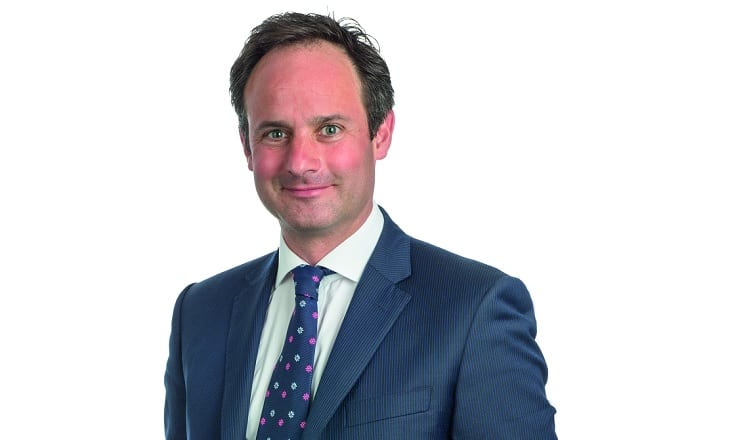UK online trading leader IG Group Holdings plc (LON:IGG) today announced results for the year ended 31 May 2017.
Financial Summary
- Net trading revenue up 8% at £491.1 million (Net trading revenue is trading revenue after deducting introducing partner commissions. All references to ‘revenue’ in the Group Performance and Operating and Financial reviews are made with regards to net trading revenue)
- Operating expenses up 14%, reflecting continued investment in effective marketing
- Profit before tax up 3% to £213.7 million; profit before tax margin 43.5% (FY16: 45.6%) (Profit before tax margin is profit before tax divided by net trading revenue)
- Diluted EPS up 3% at 45.9 pence
- Final dividend of 22.88 pence per share; full year dividend up 2.9% to 32.3 pence per share
Operating and Strategic Summary
- New client numbers, defined as first trades, ahead of prior year by 38%; 15% in the OTC leveraged business
- Purchased and integrated the assets of DailyFX, a global retail FX research and education portal, for $40 million
- Continued progress in strategic evolution towards leadership in trading and investments
– Share dealing offer rolled out to Australia and France
– Launched a discretionary managed Investment service in the UK
– Limited Risk account, with no-negative guarantee, rolled out globally
– New platform released to all spread betting clients - Regulatory uncertainty created by a number of developments during the year
– IG is compliant with the results of consultations from BaFin and the AMF
– FCA delayed final industry regulatory proposals in June 2017, pending the outcome of ESMA’s discussions

Peter Hetherington
Peter Hetherington, Chief Executive, commented:
It was an interesting and challenging year in terms of global news flow, especially in the political and regulatory sphere, but the year turned out to be one of the least volatile in financial markets for decades. Against this backdrop I am pleased that IG once again delivered record revenue and profits. The industry came under elevated regulatory scrutiny during the year. At IG we are proud of our track record of compliance and our culture of placing the client at the heart of our business. We try to do what is right, not just what is possible under the rules. We understand that leveraged trading products aren’t right for everyone, and we therefore believe that it is in the best interests of many consumers to be prevented from accessing them. We seek to only offer our products to an appropriate audience and consistently innovate to improve client outcomes. IG’s Limited Risk account, where clients can never lose more money than they have on their account, and their maximum risk per position is known, is a good example of this type of innovation. A third of our new trading accounts in the UK now use this feature.
Unfortunately client outcomes in the industry have suffered in recent years – unsuspecting consumers have been bombarded by providers who market the leveraged product to an inappropriate audience, often using bonus offers to attract clients. This is clearly wrong and we fully support regulators’ attempts to stamp out this behaviour. Our efforts are concentrated on ensuring that appropriate clients can continue to trade on a level playing field. IG will continue to carefully consider and improve its procedures to ensure we either set or achieve industry best practice. We have a very long history of engaging constructively and productively with all our regulators and we look forward to continuing to do so.
This external uncertainty is unsettling for our people and I am proud of the way they have pulled together to accelerate the differentiation of our offering. This has involved some difficult choices, as we have reduced running costs to give us scope to invest in strategic projects. As the original and the biggest firm in our industry, I believe IG is well placed to evolve and prosper and to continue to empower our clients to access opportunities in financial markets.
All current financial results listed are for the year ended 31 May 2017. All general references to ‘the prior period’, ‘the prior year’, and ‘last year’ mean the year ended 31 May 2016, unless otherwise specified.
Full details of the result can be accessed here.
